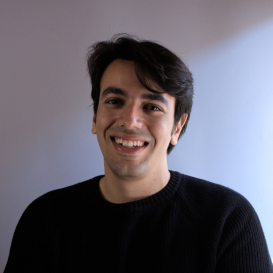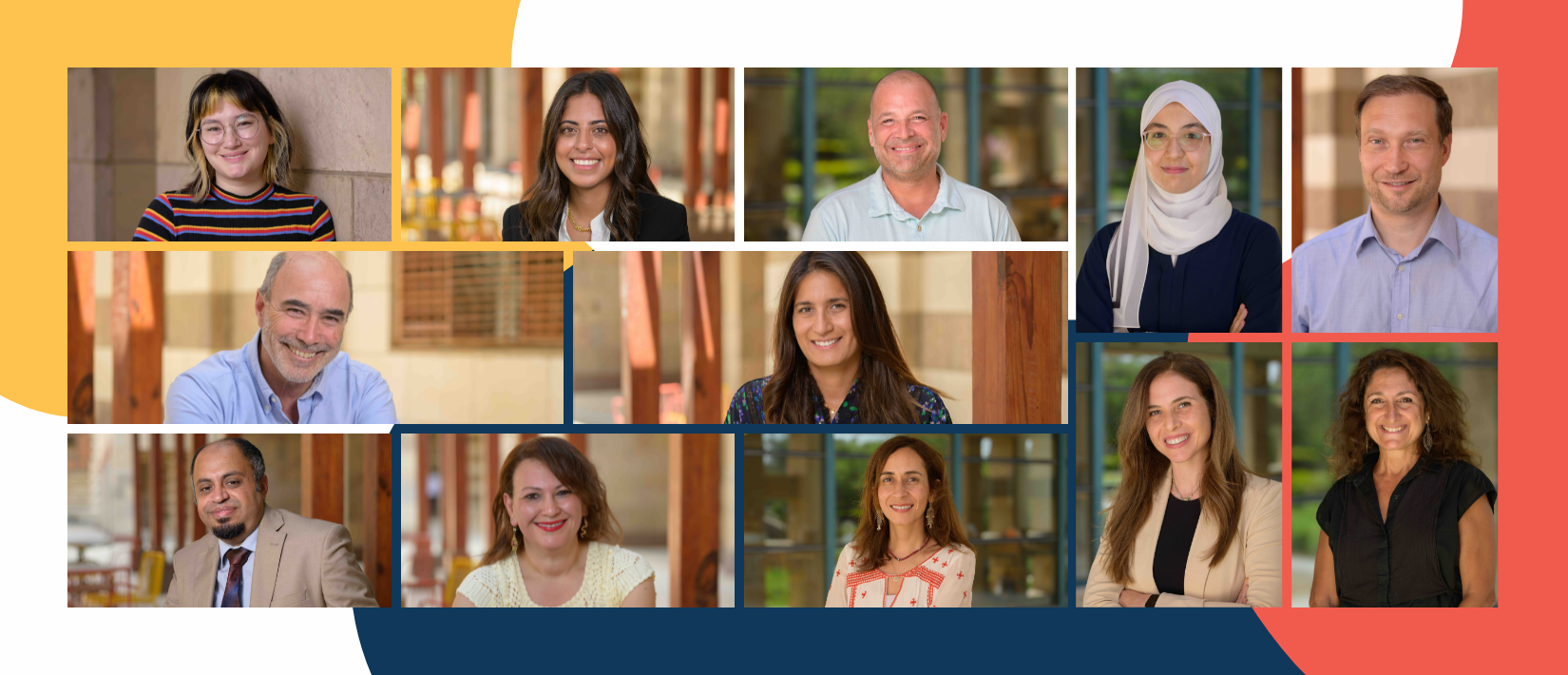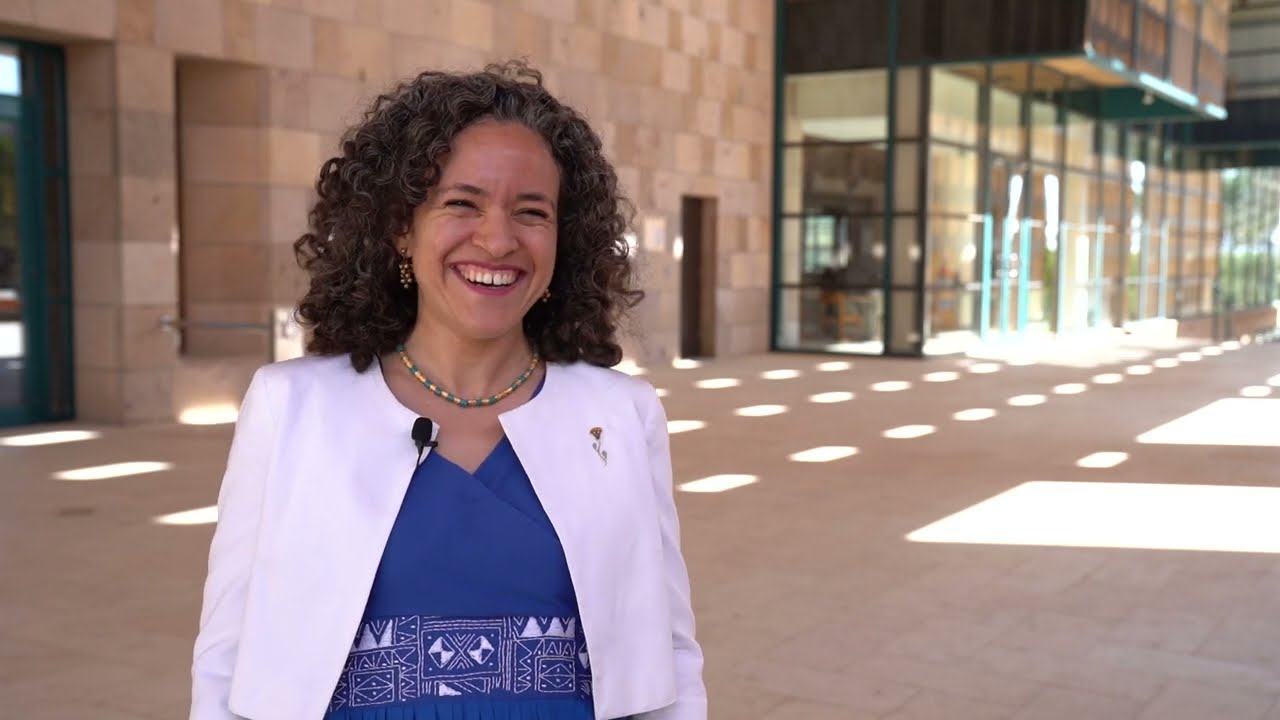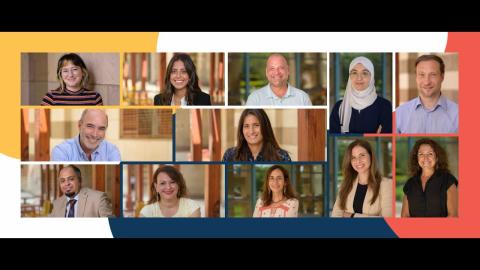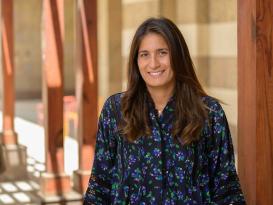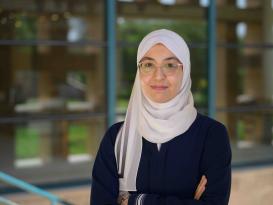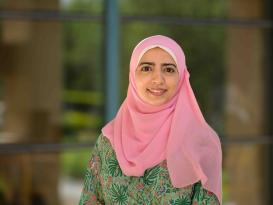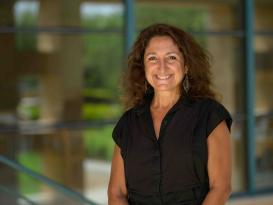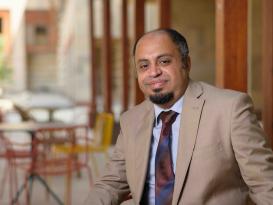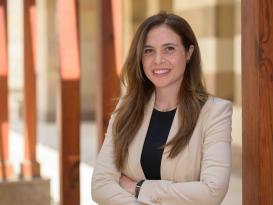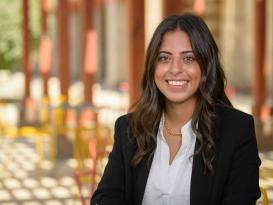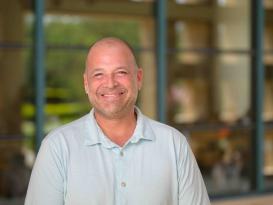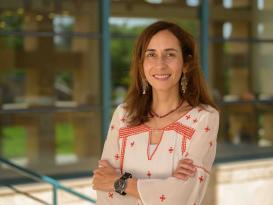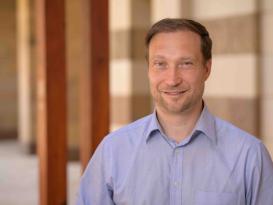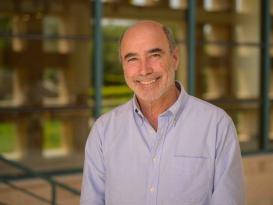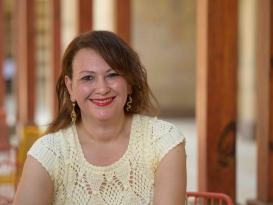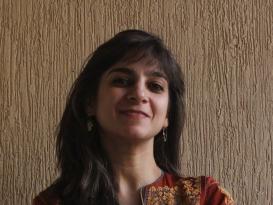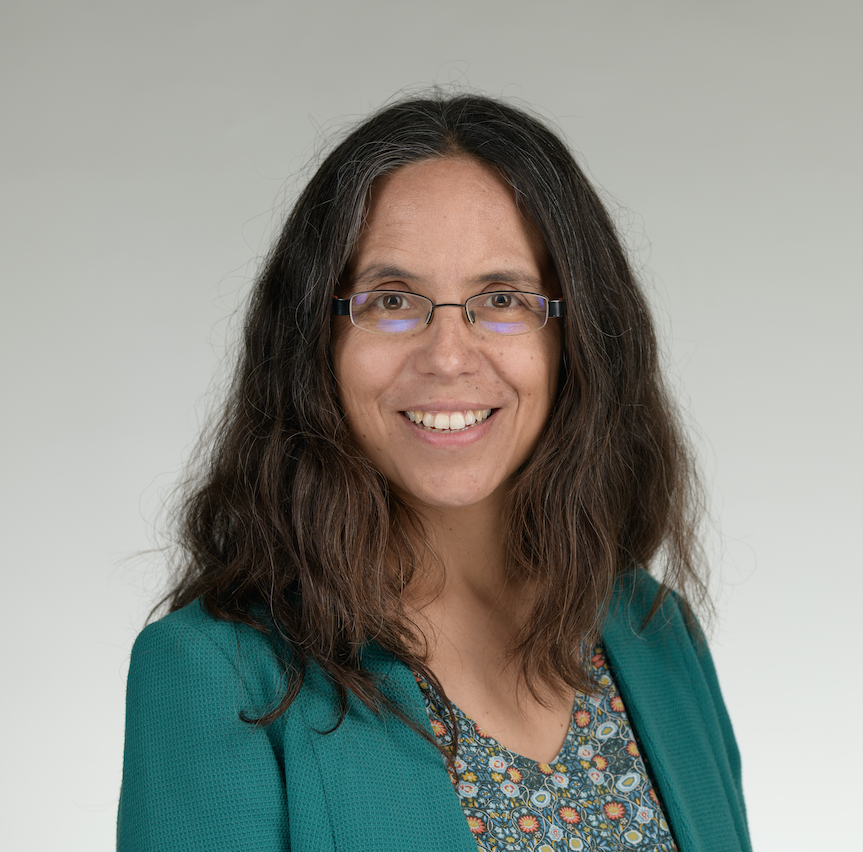Marking the first time for the event to be held in Egypt, AUC is hosting the 2024 Digital Universities Arab World conference, which kicks off today. The event includes more than 300 industry leaders from over 24 countries spanning four continents, including 150 university representatives, along with industry partners, researchers and innovators from around the world.
"Our vision is to foster critical discussions on the potential and challenges of digital transformation in higher education,in our region, and to bring these essential conversations to Egypt and North Africa."
Organized in partnership with Times Higher Education (THE) and the American University of the Middle East (AUM), the Innovation for Sustainable Digital Higher Education conference will run through September 18, addressing opportunities and challenges of digital transformation in higher education and exploring ethical considerations as well as issues of accessibility.
“We are glad to co-organize and co-host this significant conference at AUC," said President Ahmad Dallal. "Our vision is to foster critical discussions on the potential and challenges of digital transformation in higher education in our region, and to bring these essential conversations to Egypt and North Africa." He added that AUC’s collaboration with Times Higher Education and the American University of the Middle East exemplifies the University’s dedication to creating impactful partnerships.
The event features over 60 speakers who will engage in in-depth discussions, share knowledge and analyze data-driven case studies on the impact of digital transformation, artificial intelligence and governance in higher education. Topics include how digital transformation can support universities in achieving the United Nations Sustainable Development Goals, the role of institutional leadership in driving digital transformation at universities, the optimum blended learning model to achieve the right balance of learning and accessibility for universities in the MENA region, student expectations from digital universities, the quality of online learning, development of student skills to ensure digital literacy, the potential of AI for higher education, academic integrity in the age of AI, the future of work in light of digital transformation, and the current and future status of online university course accreditation in the MENA region.
“Digital Universities Arab World is about showcasing innovation in education and providing practical examples of digital transformation from across the region. It's been a pleasure to co-host with The American University in Cairo, a leader in driving change and empowering the next generation of learners.”
These conversations aim to develop strategies for digital transformation in higher education that are inclusive, responsive and impactful while considering local, regional and global contexts, Dallal emphasized. “The digital transformation initiatives we choose to implement must be shaped by the specific contexts of our region, which faces rising geopolitical, economic and environmental challenges to sustainable development, as well as significant disparities in income and resource access.”
Charlotte Coles, director of event partnerships and engagement at THE, expressed her excitement about collaborating with AUC. “Digital Universities Arab World is about showcasing innovation in education and providing practical examples of digital transformation from across the region. It's been a pleasure to co-host with The American University in Cairo, a leader in driving change and empowering the next generation of learners.”
“The digital transformation initiatives we choose to implement must be shaped by the specific contexts of our region, which faces rising geopolitical, economic and environmental challenges to sustainable development, as well as significant disparities in income and resource access.”
The conference attracts speakers and attendees from several universities and higher education institutions, including AUC, Ajman University, Al Akhawayn University in Ifrane, King Saud University, The University of Jordan, NYU Abu Dhabi, the American University of Beirut, the American University of the Middle East, University of Exter, Abu Dhabi University, The American University of Sharjah, Lebanese American University, Danish School of Education and the Mohamed Bin Rashid University of Medicine and Health Sciences. Speakers also hail from prominent national, regional and international organizations, including Zewail City of Science, Technology and Innovation; Times Higher Education; Egypt's Ministry of Higher Education and Scientific Research; the Association of Arab Universities; the British Council; Macmillan Learning, Abdulla Al Ghurair Foundation and others.


